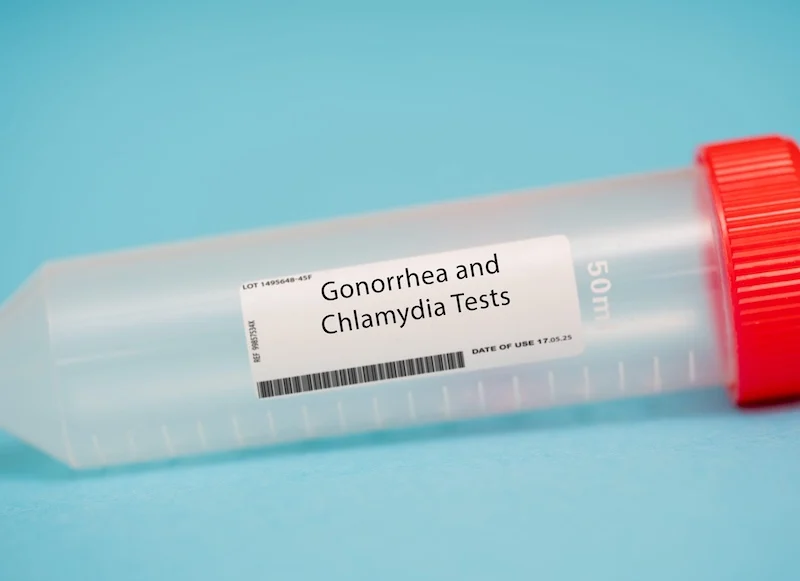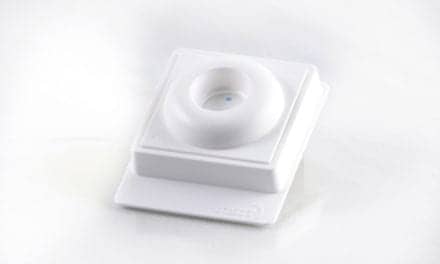Summary:
Linear Diagnostics has secured £1 million in NIHR funding to finalize and clinically validate a rapid, accurate STI diagnostic platform using its EXPAR technology, aiming to deliver results in under 20 minutes at the point of care.
Takeaways:
- Rapid Precision Testing: Linear’s EXPAR-based test aims to combine lab-level accuracy with near-patient speed, detecting STIs like gonorrhoea and chlamydia in as little as 5 minutes.
- Strategic Collaborations: The project partners with the NIHR HealthTech Research Centre and North East Innovation Lab for clinical evaluation and health economic modeling.
- Targeting Urgent Needs: The innovation addresses the global threat of multi-drug-resistant STIs by enabling diagnosis and treatment in a single clinic visit to break the chain of transmission.
Birmingham spin-out Linear Diagnostics has been awarded £1m funding to finalise the development of a rapid test for sexually transmitted infections (STIs), in partnership with the NIHR HealthTech Research Centre (HRC) in Diagnostic and Technology Evaluation and the North East Innovation Lab, part of Newcastle Hospitals.
Linear is developing a low-cost, accurate, near-patient diagnostic platform, that aims to diagnose infection from a single sample faster than any commercially available alternative.
The funding from the National Institute for Health and Care Research (NIHR) Invention for Innovation programme covers a three-year package of work, which will culminate in the first test of the technology on clinical samples in a real-world setting, and readiness for clinical trials.
Test Can Detect Bacterial STIs
Linear’s Exponential Amplification (EXPAR) technology detects bacterial DNA using an extremely fast method for amplifying the signal, which was developed and tested at the University during the COVID-19 pandemic, with results published in Proceedings of the National Academy of Sciences. The company has now shown that it can detect bacterial STIs, urinary tract infections, and viral infections including SARS-CoV-2 in as little as 5 minutes.
In recent years the company has focussed on STIs, specifically Neisseria gonorrhoeae and Chlamydia trachomatis as the emergence of multi-drug-resistant strain of the former has become a global concern.
It is here that rapid testing is essential to stop the chain of transmission, so patients can be diagnosed and start treatment within one clinic visit. While current tests may be easy to use with minimal training, existing technologies have been unable to meet the target of 20 minutes from sample to results.
The new funding will enable Linear to finalize the design of a cartridge and reader design platform and validate the platform.
Combining Rapidity with Accuracy
Dr Jean-Louis Duprey, Head of Research and Development at Linear Diagnostics, observes: “The most difficult criteria to achieve in diagnostic testing is combining rapidity with accuracy. While rapid lateral flow meets the ideal timeframe of 20 minutes to diagnosis, it struggles to meet market requirements for high sensitivity and specificity. And while Nucleic Acid Amplification Tests deliver high accuracy, samples are sent to laboratories for analysis, meaning the waiting time for results may be days. We are developing a near patient device that will overcome this conundrum.”
The HRC, hosted by Newcastle upon Tyne Hospitals NHS Foundation Trust in partnership with Newcastle University, will help to evaluate the technology to diagnose STIs.
“The NIHR HRC in Diagnostic and Technology Evaluation is delighted to be collaborating with the North East Innovation Lab to support Linear Diagnostics with their exciting technology. Through reviewing clinical guidelines and speaking with healthcare professionals as well as patients and the public we will pinpoint how the platform can be developed and used so it can improve patient care,” says Dr Jana Suklan, Senior Methodologist at the HRC. “Our research involves analysing unmet needs, examining current practice and identifying the most promising point in the patient pathway for implementing the technology. We will also assess the diagnostic accuracy of the test by statistically analysing data collected by the innovation lab and determine whether adopting the technology will provide value for money for the NHS through health economic modelling. Our public contributors will guide the research and ensure it meets the needs of patients, public and carers.”
John Tyson, Head of the North East Innovation Lab, part of Newcastle Hospitals, adds: “We’re delighted to have the opportunity to continue our collaborative work with our partner innovators to support the development and evaluation of this new exciting test. By providing access to an extensive range of clinical samples and NHS lab performance testing, we can generate the necessary evidence to move new innovative technologies to the next stage of their development or launch to mainstream use.”
Featured Image: Luchschen | Dreamstime.com





